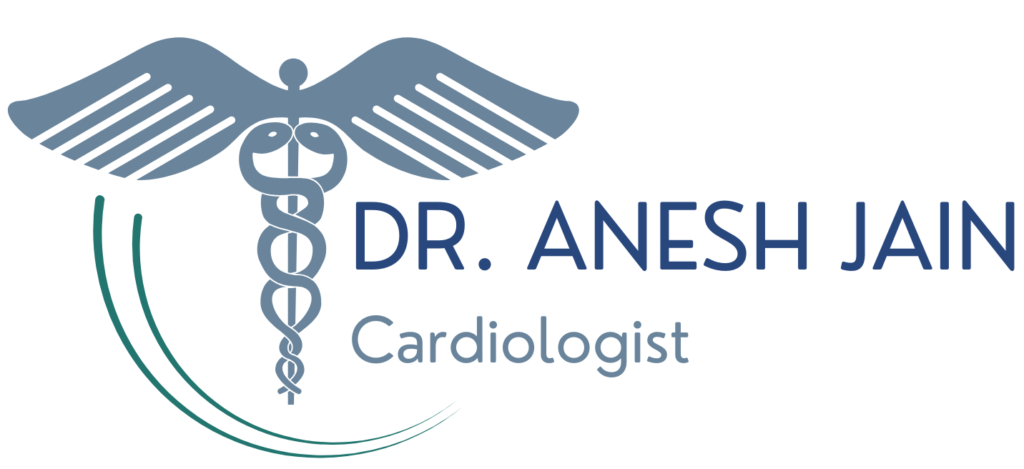- Ruby Hall Clinic, near Wanowrie, Pune, Maharashtra
- Mon - Fri: 9:00 am - 4:00 pm
Lorem ipsum dolor sit amet, consectet eiusmod tempor incididunt ut labore e rem ipsum dolor sit amet. sum dolor sit amet, consectet eiusmod.
Visiting Hours
| Mon - Fri: | 8:00 am - 8:00 pm |
| Saturday: | 9:00 am - 6:00 pm |
| Sunday: | 9:00 am - 6:00 pm |
Gallery Posts






Frequently Asked Question?
Coronary Angioplasty
Hospitals usually include 1 day ICU stay and 1 day ward stay charge the same amount.
- Cost of Stents: The cost of stents has been capped by the government of India at INR 41,000/- approximately for drug eluting stents, which are available in the market and can range from INR 10,000 to INR 41,000.
Known theoretical complications with an angioplasty procedure are bleeding from the access site, a heart attack during the procedure of an angioplasty, new blockages getting developed inside the stent and allergic reactions to the medications used during the angioplasty procedure.
Depending on the complexity of the procedure, angioplasty usually takes from either
20 minutes to 2 hours. Time is usually variable and again depends on the degree of
complexity of the lesion and the experience of the operator and team performing the
angioplasty.
Time is usually variable and again depends on the degree of complexity of the lesion and the experience of the operator and team performing the angioplasty.
In case the angioplasty is done after a heart attack, it is suggested to rest for atleast a month till the normal routine can be resumed.
In case an angioplasty is done after an asymptomatic significant blockage is treated, rest is advised for 1 week after which routine activities can be resumed.
Once the blockages are cleared by placing a stent, the chances for reappearance of a blockage is quiet slim as long as as medications are consumed regularly and a control over the risk factors like Blood Pressure, Sugars and Cholesterol is kept.
So in a way, a coronary angioplasty can be considered as a permanent cure to these blockages. A small risk of restenosis, however is always present.
Patients are advised to remain hydrated before, during and after procedure to avoid kidney related complications.
Coronary Angiography
Coronary Angioplasty is a treatment given to the blockages of the heart in the form of placing stents in the blood vessels.
Coronary Angiography if done in the right way is a painless procedure.
Patients are usually required to fast for 4 hours before an angiography is done. Apart
from that patients are expected to keep their hydration well before, during and after the
procedure.
Cardiac arrhythmia
Some patients with arrythmias can also have episodes of giddiness and spells of unconsciousness.
is not sufficient as the episodes are not frequent, then a continuous ECG recording
called as Holter monitor can also diagnose cardiac arrythmia.
hypertension, abnormalities in thyroid function, aging, valvular or structural
abnormalities in the heart, hostory of heart attacks, a decrease in the pumping
capacity of the heart.
Pacemaker Implantation
The total cost of the entire procedure along with the hospital stay can range from 1.5 Lakh to 5 Lakh Rupees.
minimal risks. A theoretical risk of infection at the pacemaker site is always present.
The residual battery life can be measured by a device outside which communicates wirelessly with the implanted device.
Congenital Heart Disease
Most of the times however, an Interventional procedure might be required if the defect compromises the pumping capacity of the heart.
Certain cardiac defects of the baby can also be diagnosed in the mothers womb aas well with help of foetal echo.
Hypertension Management
measurement of blood pressure is more than sufficient.
You should seek a cardiologist consultation if you are consuming more than 3 medications for BP control.


